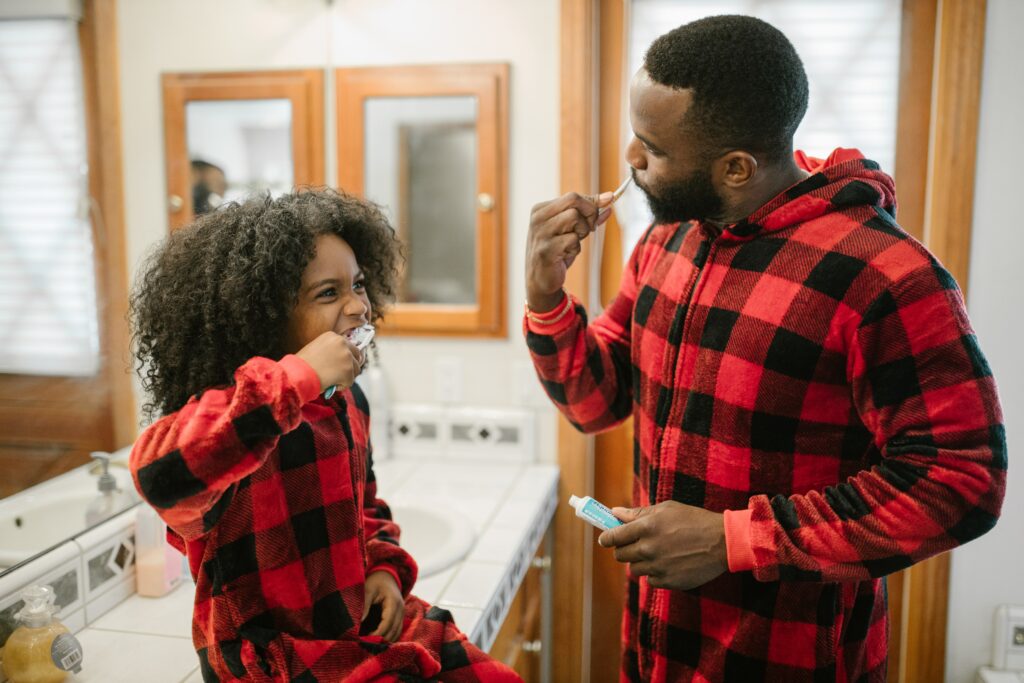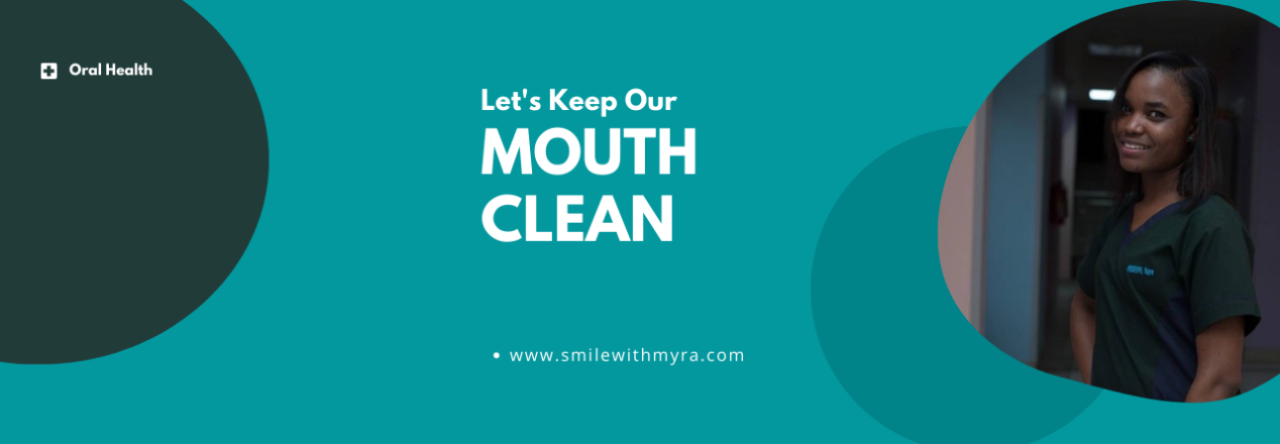
As parents or guardians (especially new moms), a child’s oral health care is your responsibility and duty. Providing oral care for children can be a daunting task and not an easy feat at all, yet if incorporated early into their daily routine, it becomes more of a habit than a chore. Although primary (baby) teeth will exfoliate (fall out), it is important to keep them clean and healthy to maintain good oral hygiene.
In this post we take a look at good oral health practices for children and the right time to start.
When should my child start seeing a dentist?
Your child’s first dental visit should occur at or within 6 months of eruption of their first tooth but should not be 12 months of age postnatal.
However, prenatal oral health counseling with a dentist for expecting mothers is ideal.
How do I clean my child’s tooth or teeth?
For ages between 0-1-year-olds their mouth (0-6months) and tooth or teeth (6-12months) should be cleaned with a moistened gauze or washcloth wrapped around the index finger of the parent, and used gently to massage the gums and teeth.
For ages between 1-5-year-olds: brushing should be done with a soft-bristled toothbrush and smear of toothpaste to reduce the amount of fluoride ingested.
Don’t forget to floss your children’s teeth as well.
Are there any good oral hygiene practices for babies or children?
To maintain a good oral environment and avoid proliferation of caries (tooth decay) causing bacteria:
- Avoid prolonged bottle or breast feeding in babies
- No high sugary diets in both babies and children.
- Have supervised tooth brushing routines that involve brushing for them, and also along with them.
- Just like tooth brushing, cleaning of an infants’ mouth should also be carried out twice a day (2X).
Can I attend my dental appointment with my child?
Yes, you can and should attend your dental appointment as a parent with your child, to help familiarize them and slowly transition them for their own dental visits as well.
How often should my child see the dentist?
A 6 monthly dental visit is essential for children, to allow dentists to carry out preventive procedures and treatment on your child. This allows for early detection of any problems and most importantly provides you with the necessary information on oral health needs tailored to your child.
Final Words
I have had parents who say ‘My child does not allow me to brush or clean their teeth.’
I would like to state that if started at the right time from infancy, good oral habits in children continue through their toddler years to when they are old enough to practice on their own.
But before children are old enough to care for their own oral health, their parents need to start them off right and this can be achieved if parents have and are provided with the needed information on how to optimize oral health care in their children.
